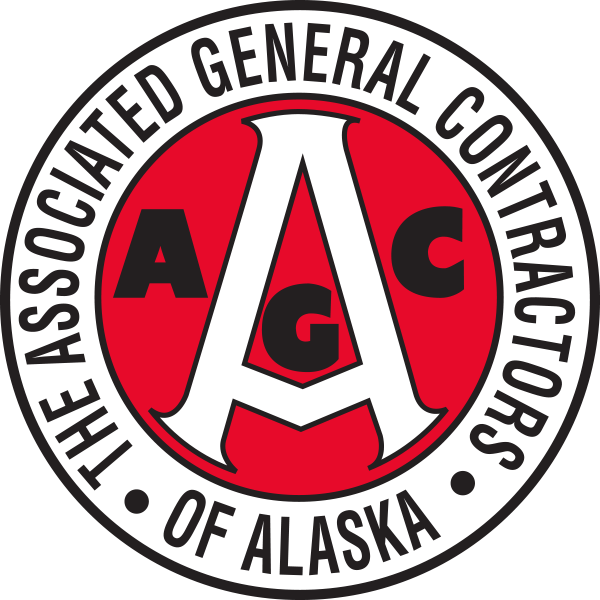

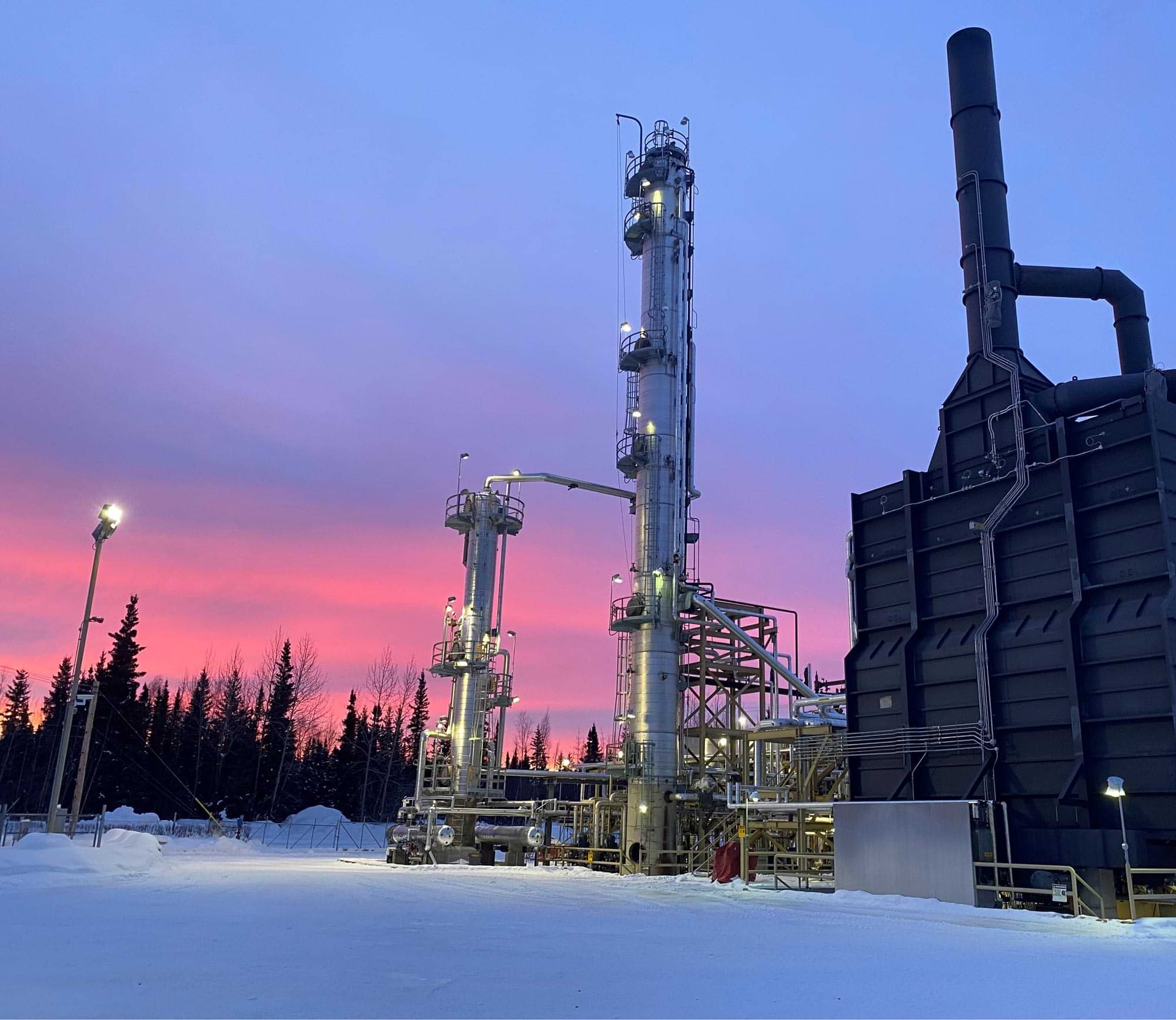
laska runs on fuel, and Petro Star, Inc., or PSI, is a locally sourced provider of heating, jet, marine, and turbine fuels, along with numerous other petroleum-based products manufactured at one of the company’s two refineries.
PSI is a wholly owned subsidiary of Arctic Slope Regional Corporation, or ASRC. Since its founding in 1984, PSI has expanded into a range of operations, developing a vertically integrated business that meets numerous customer needs.
“Our model is supplying a value-added product made from the state’s own crude supply for Alaska’s residential and commercial needs,” Senior Vice President Ryan Muspratt says, “It’s crude out of Alaska, it’s Alaskans doing all of the work, and the product is primarily distributed in the state of Alaska.”

Petro Star’s North Pole Refinery on a sunny summer day in Interior Alaska.
PSI started as an independent company where its founders “decided they wanted to venture off into their own business and started the North Pole refinery across the street from the former Flint Hills Resources refinery,” Muspratt explains.

Ryan Muspratt, PSI Senior Vice President
Alaskans are likely familiar with two PSI business lines: Interior-based Sourdough Fuel and North Pacific Fuel, a fuel distribution and services company with facilities in Kodiak, Dutch Harbor, and Valdez. PSI operates two refineries, one in North Pole and a second in Valdez. In addition to jet, marine, and ground fuels, the company also manufactures asphalt base oil for paving projects, electric utility turbine fuels, and other products from Alaska crude. It also stocks industrial lubricants from other companies, with Mobil being its primary brand.
“We strive to supply any fuel and lubricants a customer needs,” Muspratt says.
One thing PSI doesn’t produce is gasoline, which it sells primarily via imports from the Pacific Northwest.
Muspratt says the North Slope, mines, airlines, the fishing industry, and the military are all major customers. So are Golden Valley Electric Association, or GVEA, in the Interior and Copper Valley Electric Association in Valdez. PSI supplies both with turbine fuel.
John Kelly, GVEA’s gas turbine plant manager in Fairbanks, says Petro Star came to the rescue when the Flint Hills Resources in North Pole closed in 2014. “We lost our primary fuel source, and Petro Star and Golden Valley together did backflips to very quickly reestablish a fuel stream for the plant.”
“They do move mountains to get us our fuel, and they’re always there to deliver it.”
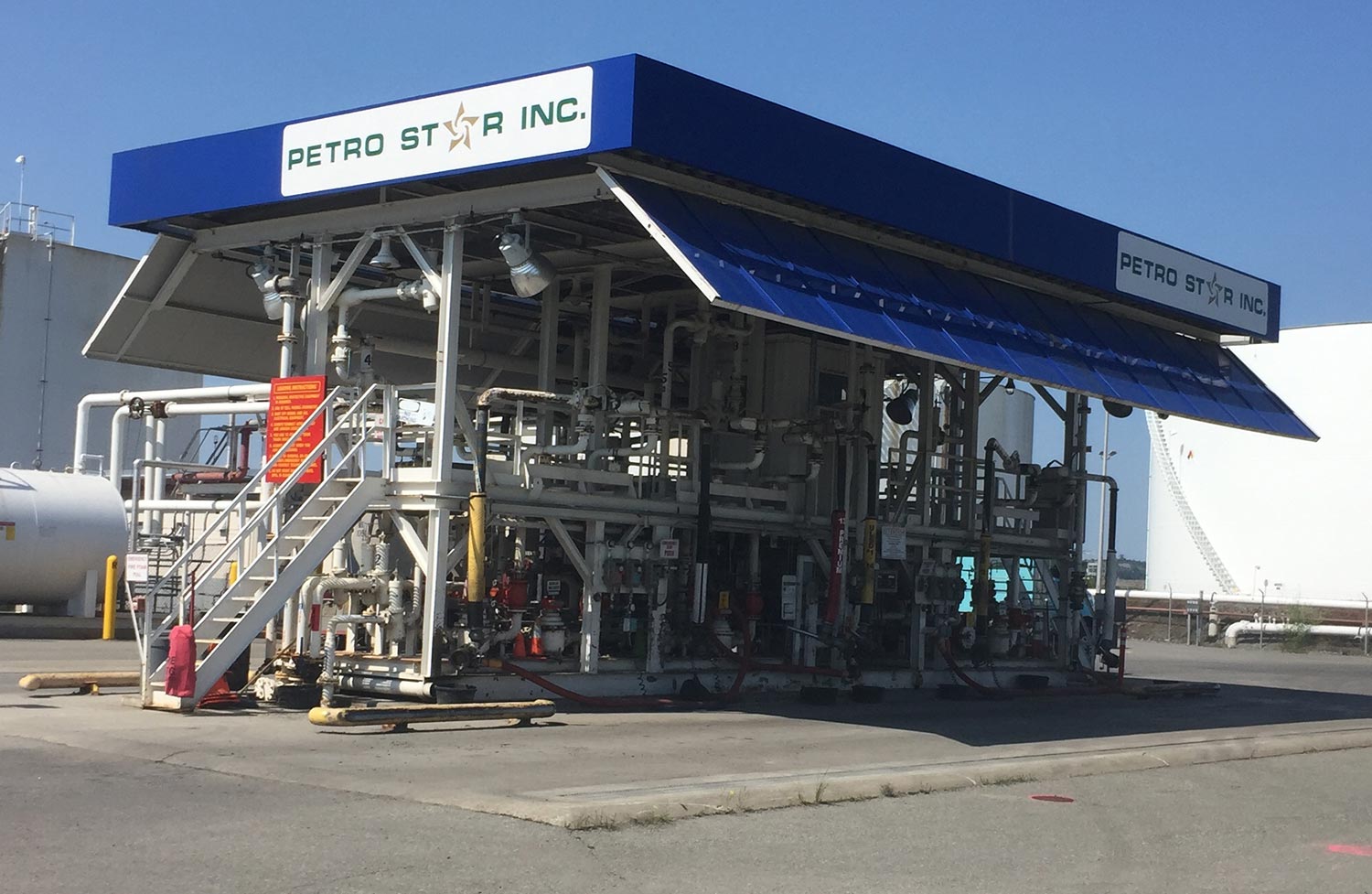
Petro Star’s truck rack at the Port of Alaska in Anchorage.
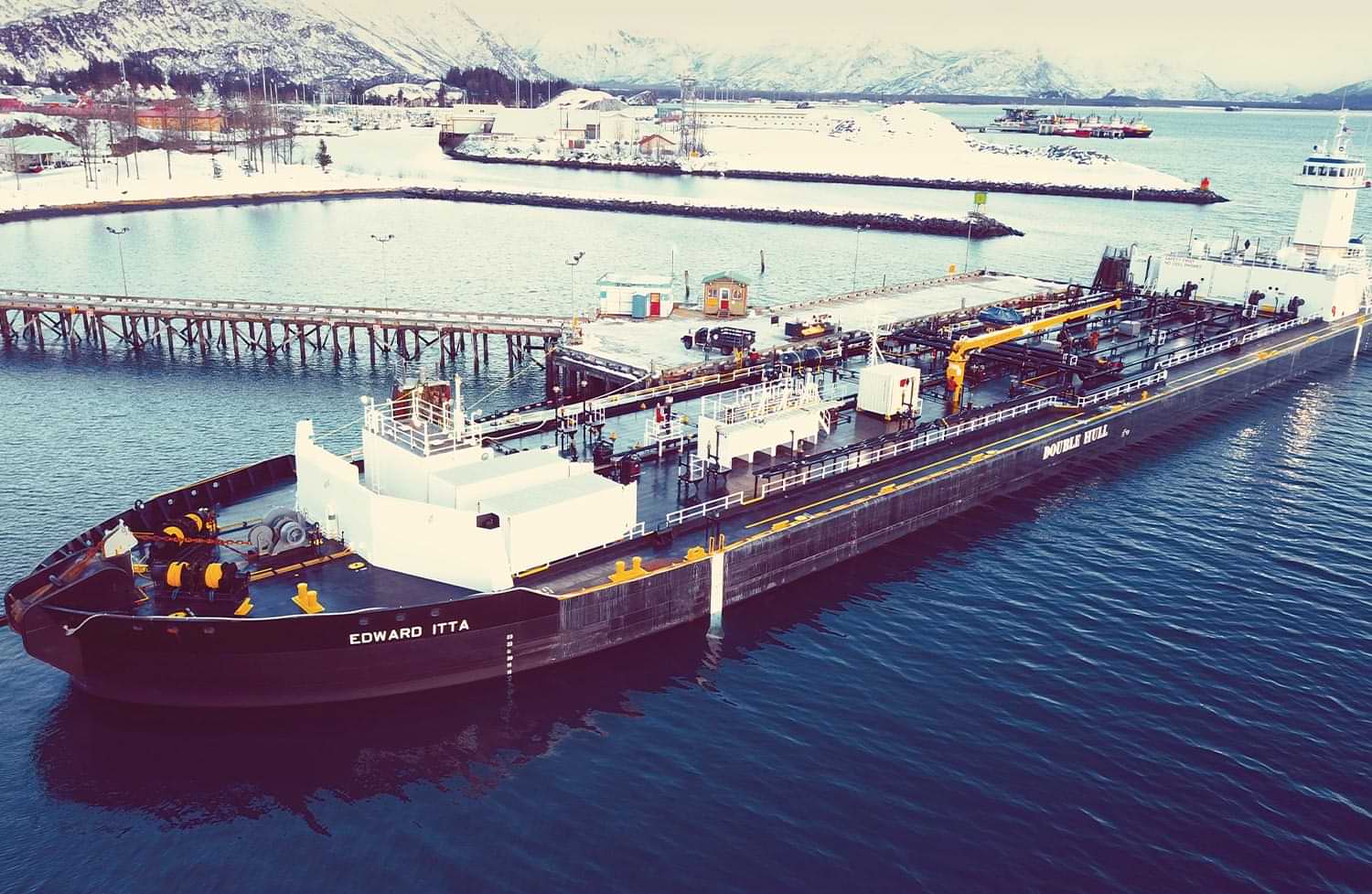
The barge Edward Itta, named in honor of an Iñupiaq Elder, at the Valdez Petroleum Terminal Dock.
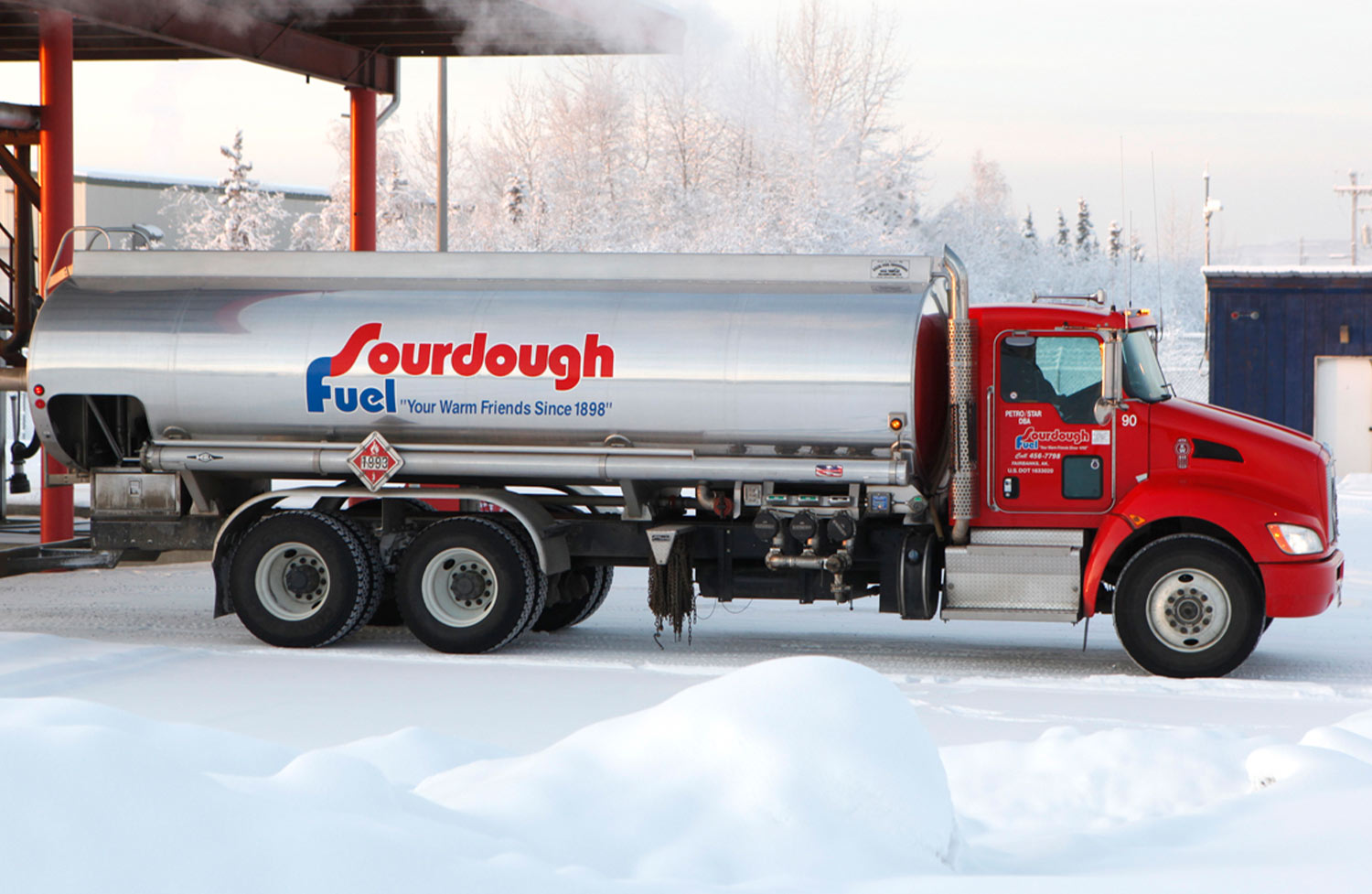
His background is in business management and accounting, and ASRC initially hired him in this capacity, but “ever since then I’ve migrated further and further into operations,” he says. “You blink a couple times and you’re a leader at a refining company that has grown immensely in the last five years. You really can’t make it up.”
Muspratt is relatively new to the senior vice president position. One of his objectives is for Alaskans to have better awareness of PSI, Sourdough, and North Pacific Fuel as ASRC companies and how its success is good for Alaskans and the 13,000 North Slope Iñupiat shareholders of ASRC.
“Those are the brands that our customers in those communities understand,” he says. “We’re not going to change the name of our local brands. But it’s helpful for our customers to know that we are an Alaska company.”
“Our plants and terminals are working well,” Muspratt says about Petro Star’s facilities, which the company keeps upgrading as new regulations and opportunities emerge. “We have all those assets built, we’re learning our new cadence, and our new strategy with those assets in hand, and now we’re in execute mode.”